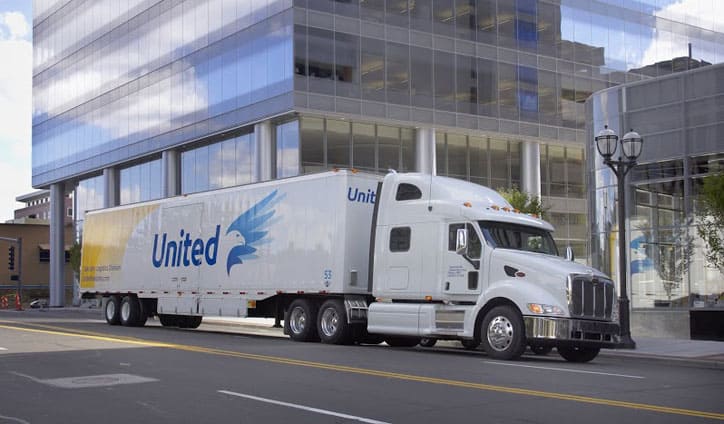You might rank shopping for a Kent moving company right up there watching paint dry, but the modest investment of time and effort required will really pay off on moving day.
You’ll enjoy the confidence that comes with trusting your valuable belongings to a reputable company, and comparing bids from multiple service providers will keep more cash in your pocket.
In this two-part guide, we’ll detail the steps you should take in your journey to find the perfect moving company.

Once you’ve determined the type of moving help you require, quiz friends, coworkers, and local real estate agents about their experiences. This is an effective way to weed out less reputable companies, and find ones that offer great customer service.
Online consumer reviews can also be a useful resource. Don’t rely on websites that offer to find a mover for you, since some of these sites involve numerous scams.
Similarly, you shouldn’t use household goods brokerage companies, since they aren’t regulated by the same laws moving companies are required to follow.
You might like: The Ultimate Moving Checklist: A Step-by-Step Guide
Once you’ve compiled a list of recommended movers, check them out online. Visit bbb.org to see if the company is a member of the Better Business Bureau.
The American Moving and Storage Association (moving.org) maintains a list of members who abide by the organization’s published tariffs, and cooperate in its arbitration program.
Membership is voluntary, and as long as a moving company has a good reputation, the fact that it isn’t a member shouldn’t rule it out. Visit movingscam.com – a consumer advocacy site – to read reviews of your recommended movers.
Consider costs, such as how much local movers charge in San Diego, when screening companies.
Request an estimate from your three leading recommendations. Any reputable mover will provide an accurate estimate. Don’t hire a moving company that has reviews online for which customers stated they were charged above their estimate.
Estimates for interstate moves depend on the weight of the items you’re moving, as well as the trip distance. For in-state moves, laws vary. Some states, like California, require moving companies to provide a binding written estimate.
Other states, such as Illinois, prohibit them from doing so. While interstate movers are permitted to charge you for a binding estimate, they are typically offered free of charge.
Most San Diego local movers will provide estimates based on an hourly rate and the size of your move.
Before selecting a moving company be sure to Google search their name and read up on reviews left by previous customers.
Pay the most attention to reviews that are detailed, mention names of employees, location, general pricing, accuracy of estimate provided, and distance moved. The more specific the review the more likely it is real and an experience that you can also expect.
Check online reviews, ratings, and testimonials from previous customers. Look for consistent positive feedback and verify their standing with organizations like the Better Business Bureau.
Obtaining quotes from at least three different moving companies helps you compare prices, services, and identify any hidden fees. This ensures you get a fair deal and the best value for your money.
Ensure the moving company is licensed and insured. You can check their USDOT number for interstate moves or local licensing requirements to confirm they are legitimate and reliable.
Consider companies that offer packing, unpacking, and storage solutions. Additional services like these can make your move more convenient and stress-free.
Contact the moving companies directly to gauge their responsiveness and professionalism. Good customer service is a key indicator of a reliable and customer-focused moving company.